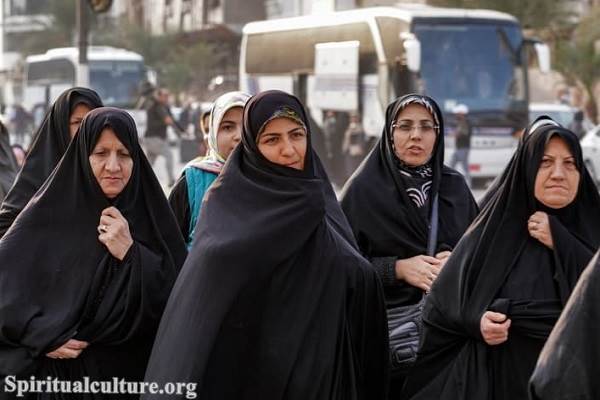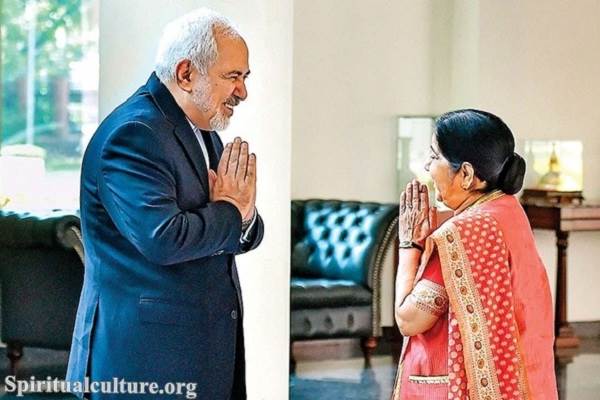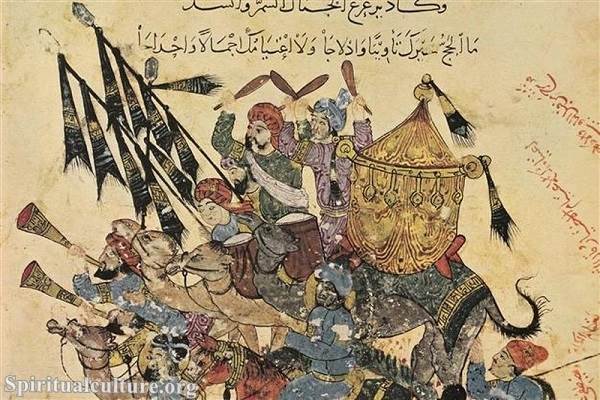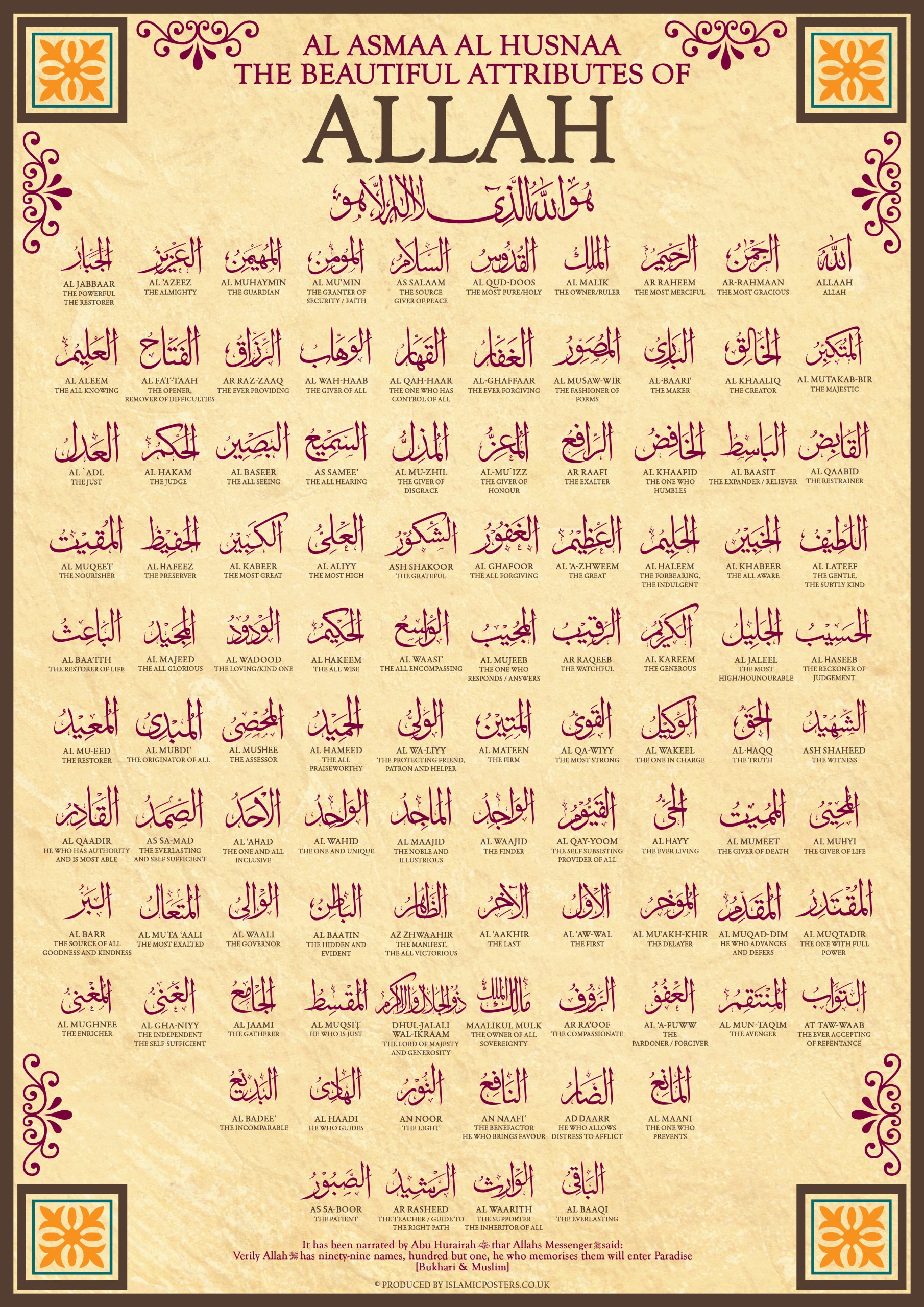The Muslim originated in the 7th century in Mecca, a city in present-day Saudi Arabia, and is based on the teachings of the Prophet Muhammad as recorded in the Quran, Islam’s holy book. The Muslim religion is not just a set of beliefs but a comprehensive way of life, providing guidelines for every aspect of life, from social to economic, political, and spiritual aspects.
Islam: The Core of the Muslim Religion
The term “Islam” is derived from the Arabic word “Salam,” which means peace. It also implies submission or surrender to the will of Allah (God). Therefore, a Muslim, or follower of the Muslim religion, is one who seeks peace through submission to the will of Allah.
The Muslim religion is monotheistic, emphasizing the oneness of God. This concept is encapsulated in the phrase “La ilaha illallah,” meaning “There is no god but Allah.” This declaration of faith, known as the Shahada, is one of the Five Pillars of Islam, which are the fundamental acts of worship every Muslim is expected to perform. The other four pillars are Salat (prayer), Zakat (charity), Sawm (fasting during Ramadan), and Hajj (pilgrimage to Mecca).
Beliefs and Practices in the Muslim Religion
The Muslim religion is characterized by its emphasis on ritual practices, known as the Five Pillars of Islam. These pillars include faith, prayer, charity, fasting, and pilgrimage, providing a framework for a Muslim’s life.
Prayer, or Salat, is performed five times a day: at dawn, noon, afternoon, sunset, and night. These prayers are not only expressions of faith but also a way to reinforce the spiritual bond between the individual and Allah.
Charity, or Zakat, is another crucial aspect of the Muslim religion. It involves giving a fixed portion of one’s wealth to the needy, symbolizing the responsibility of the well-off towards the less fortunate in society.
Fasting during the month of Ramadan, known as Sawm, is a time of spiritual reflection, increased devotion, and worship. Muslims abstain from food, drink, and other physical needs from dawn until sunset, purifying the soul and refocusing attention on God.
The Hajj, or pilgrimage to Mecca, is a once-in-a-lifetime obligation for those physically and financially able. It is a demonstration of the solidarity of the Muslim community and their submission to Allah.
The Quran and Hadith: Foundations of the Muslim Religion
The Quran, the holy book of the Muslim religion, is considered the word of Allah as revealed to Prophet Muhammad. It guides all aspects of life and is recited in daily prayers and during special religious occasions.
The Hadith, the sayings and actions of Prophet Muhammad, are another essential source of Islamic law and moral guidance. They provide practical examples of the Quran’s teachings and offer insights into Prophet Muhammad’s life.
Conclusion
The Muslim religion, or Islam, is a comprehensive way of life that encompasses all aspects of human existence. It is a religion of peace, submission, and commitment to the oneness of God. Its teachings, encapsulated in the Quran and Hadith, provide its followers a moral and ethical compass. The Five Pillars of Islam – faith, prayer, charity, fasting, and pilgrimage – are the core practices that guide a Muslim’s life, fostering a sense of community and spiritual growth. Understanding the Muslim religion requires an appreciation of these fundamental beliefs and practices, which have shaped the lives of billions of Muslims around the world.




